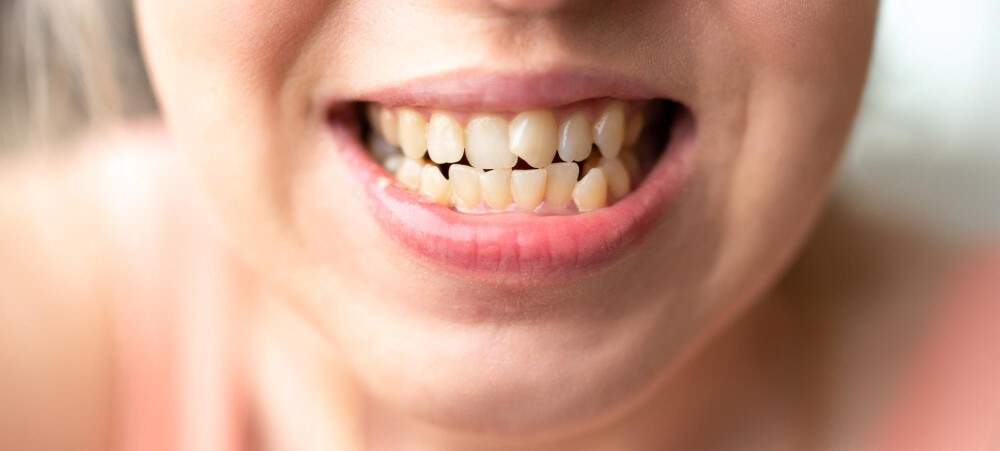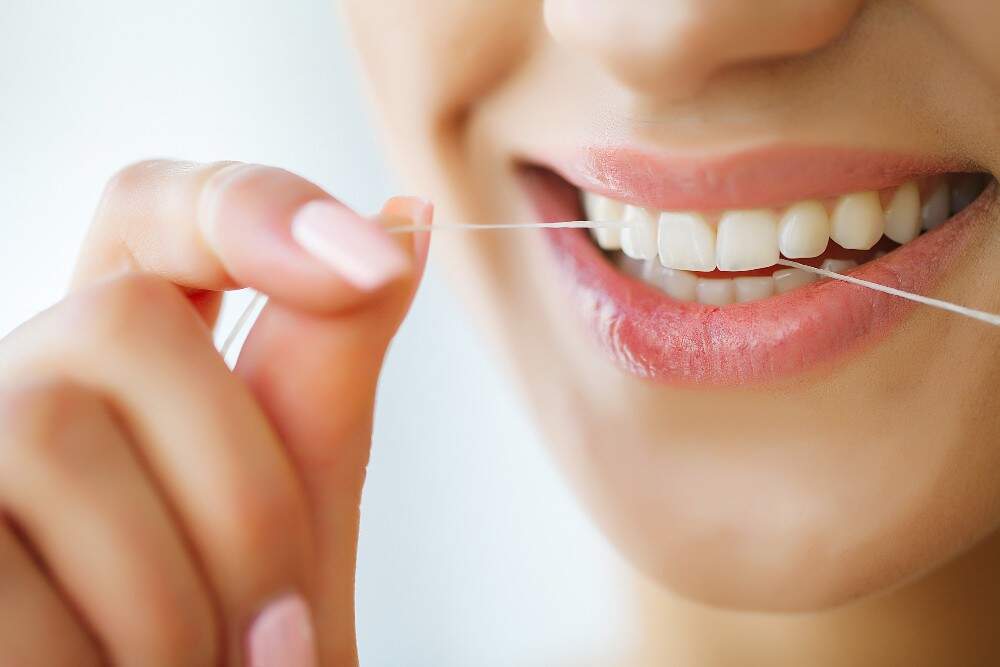Pregnancy is a period of change for a woman’s body, both physical and hormonal. The expectant mother is constantly in contact with several doctors, and in a close relationship with her gynecologist. In spite of that, oral care should not be neglected and contacting the dentist can help maintain high levels of oral hygiene.
Below you will find some tips and things you should know that will help you maintain a good oral health during and after your pregnancy, as well as prevent any oral conditions that can happen in the future.

What is the Burden of Oral Health During Pregnancy?
There are some conditions during a woman’s pregnancy which burden her oral health. Those conditions include:
- The hormonal changes that occur (increase in progesterone and estrogen) make the gums more vulnerable to inflammation (gingivitis, periodontal disease).
- Changing a pregnant woman’s eating habits plays a very important role. Meals become more frequent, while usually (unfortunately) the consumption of sweets increases.
- Daily oral hygiene is neglected by pregnant women. The psychological transitions that occur at that time, as well as the change of their daily habits, can contribute to this. Pregnant women should avoid brushing their teeth because it can cause them to vomit. Especially in the first trimester of pregnancy where morning sickness and vomiting are common, gastric acids adversely affect the oral cavity.

Risks Due to Poor Oral Hygiene
The damage that a pregnant woman’s experiences with her teeth is no different from other people’s dental problems. But the most common problem that occurs is the so-called gingivitis of pregnancy. This condition can be troublesome and can include swollen gums, severe redness of the tissues as well as bleeding. Moreover, small tumors can sometimes appear in the gums of pregnant women, which are benign and are called “pregnancy scars”. If gestational pregnancy is not supervised, it can lead to a serious condition that is called chronic periodontitis. In this case, the lesions may be permanent, and if not treated promptly, the situation may be persistent and worsen after the pregnancy is over.
Studies have shown that in neglected cases and conditions where mothers have suffered from severe gingivitis (gingivitis or chronic periodontitis) fetuses were at increased risk of being born underweight or prematurely. This is probably due to an inflammatory factor that is released into infectious diseases due to bacteria and is none other than prostaglandin. Women with periodontal disease or conditions have very high levels of prostaglandins.
Tips in Order to Prevent Dental Complications During Your Pregnancy
Adequate oral hygiene plays an extremely important role in maintaining the health of teeth and gums. The pregnant woman should not only not neglect the daily oral care routine, but instead take care of her teeth, gums and mouth thoroughly according to the instructions of her dentist. Daily exercise should include suitable and frequent brushing, flossing and mouthwash where needed.
Moreover, it is a good idea to avoid frequent consumption of sweets, especially by people who are sensitive to caries. If sweets and foods that contain a huge amount of sugar are replaced with healthier foods such as cheese, fruits and raw vegetables, your teeth will be even more protected.
The Visit to The Dentist
During pregnancy, a visit to the dentist is not only not prohibited, but is more than essential. It would be optimal for this visit to precede the pregnancy, but this is not always possible, so that the teeth and gums can be checked and depilated (cleaned). Although, if this has not been done, the best time to visit a dentist is from the fourth to the sixth month of your pregnancy, for the reason that the first three months are very decisive for the development of the fetus.
To begin with, do not forget to inform your dentist that you are pregnant. During pregnancy, all the fundamental dental work can be done, such as cleaning, fillings, and even extractions, if required, with the usage of local anesthesia.
As for the X-rays that may be needed for diagnostic purposes, you should know that X-rays that are used in the dental clinic (plain or panoramic) are considered safe and harmless to the fetus. However, for psychological reasons of the pregnant woman, it would be good to do it after the 1st trimester of pregnancy with all precautionary measures.
At last, the usage of antibiotics or analgesics where required should always be done in collaboration with a dentist-gynecologist. There are safe preparations that can be administered. Furthermore, your dentist should consult with your gynecologist who is following you during your pregnancy for treatments and conditions that are long-term and laborious.

What You Should Do to Have a Good Pregnancy
The best advice for a woman who is pregnant is to visit her dentist and get rid of any problems she has with her teeth or gums before she becomes pregnant.
Visit your dentist for a simple examination of your oral condition. It is important for the pregnant woman to realize how necessary it is to maintain proper oral hygiene and that her neglect is not only her own business but also that of the child that will grow inside her.
Any inflammation in the mouth can affect the conception, the subsequent course of pregnancy as well as the weight of the fetus.
This is why it is important for the mother’s dental problems such as caries, abscesses, fistulas, gingivitis and periodontitis to be treated long before conception and for any possible problems to be taken care of during the nine months of pregnancy.
Problems that occur during pregnancy are more difficult to treat than before pregnancy.
In order to avoid problems and unpleasant situations or conditions during your pregnancy there are some simple rules of prevention:
- Brush and floss your teeth at least twice a day.
- Use mouthwash and some fluoride supplements – only if your dentist recommends it.
- Consume healthy and balanced foods. You should always avoid “small delicacies” (particularly those that contain sugar) between meals.
- If brushing your teeth causes nausea or vomiting, opt for another milder toothpaste or a smaller toothbrush.
- In case of vomiting, rinse your mouth with lukewarm water in order to avoid the harmful effect of stomach acids on your teeth and mouth. Do not brush your teeth straight away after vomiting. Let an hour elapse.

A suitable prevention, proper nutrition, good oral health and efficient cooperation with the gynecologist-obstetrician and dentist will help to give birth to a healthy baby, completing the great happiness of the parents.
Although, if you are experiencing any unwanted situation with your teeth, gums or mouth during your pregnancy, you can contact our dental clinic as soon as possible and we will provide you with a professional, quick and efficient dental treatment plan.
For any question, we are at your disposal!




